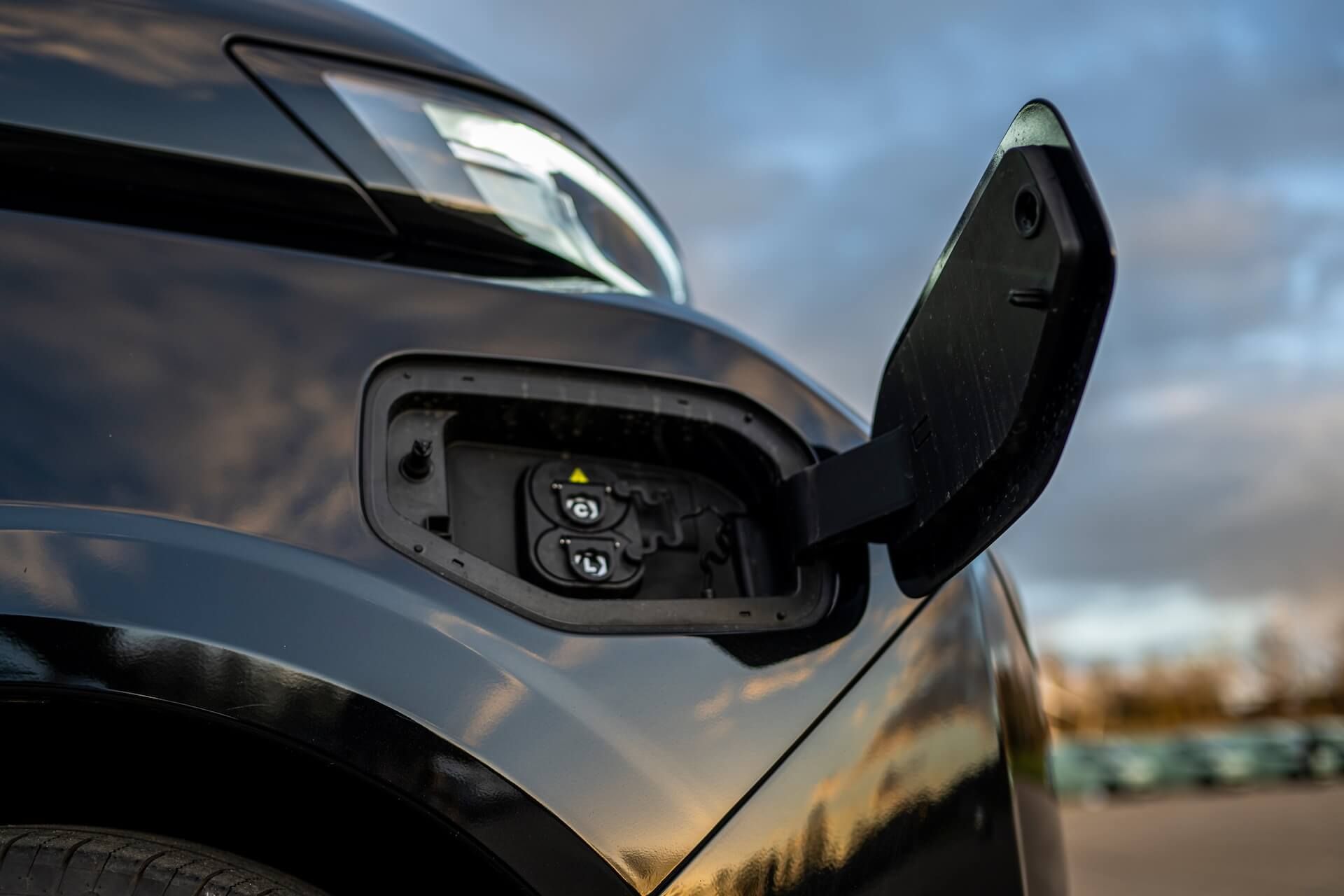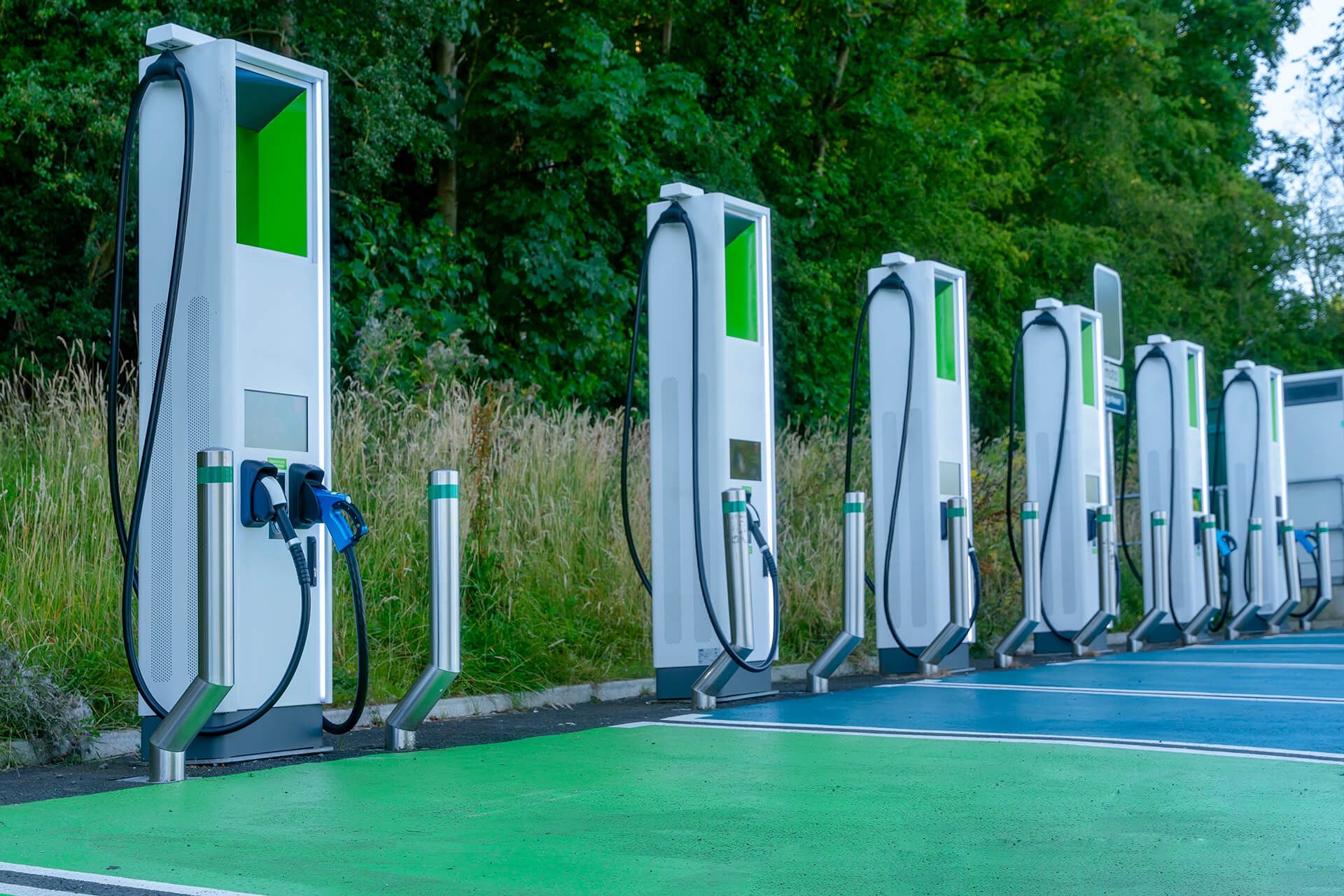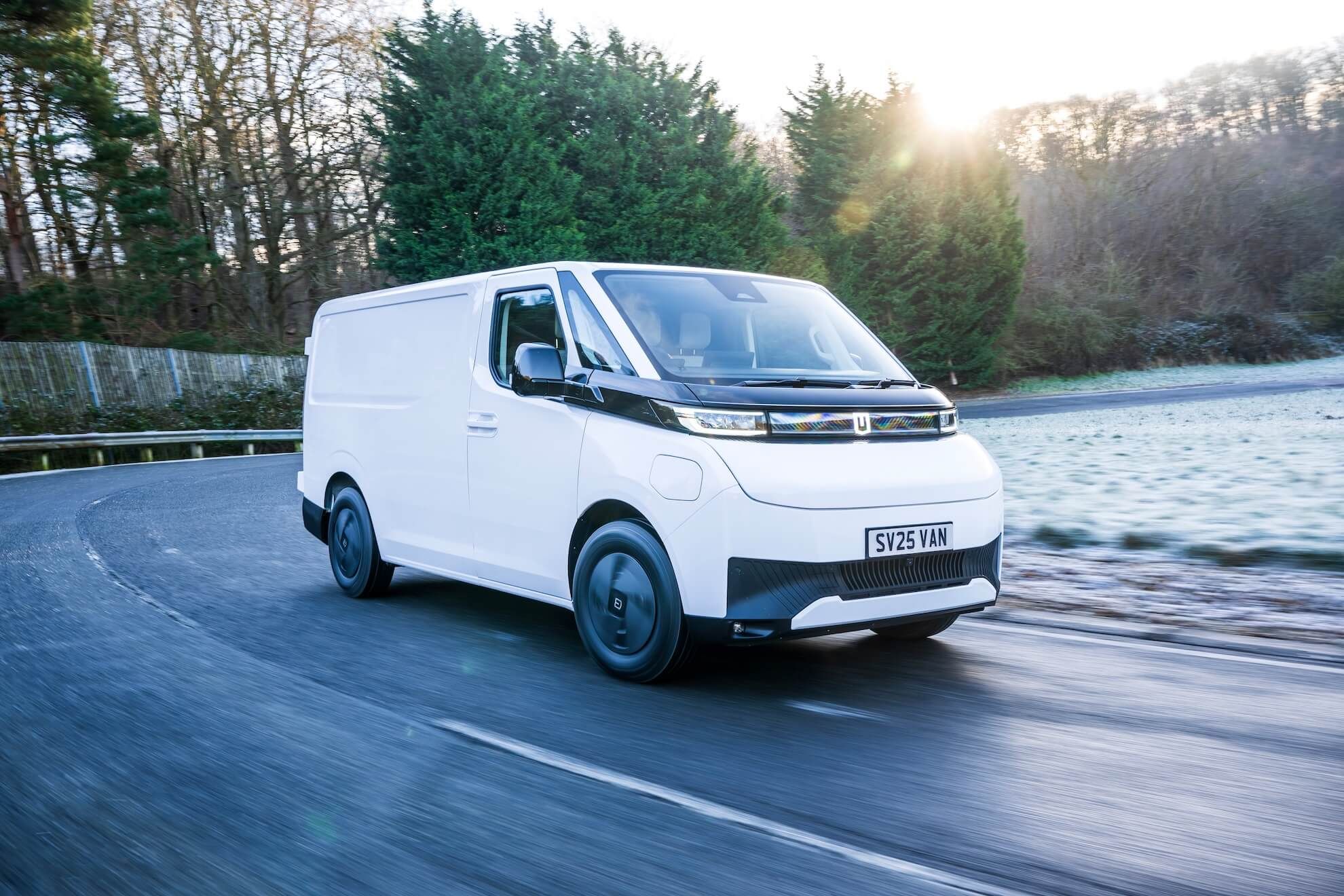
Guide to electric van grants and incentives in the UK
With the UK van market still in the early stages of transitioning to electric, it’s imperative that businesses know what financial support is available. In the UK, there are various grants, schemes and incentives on offer from the Government that are available to operators to take some of the strain. Some of these investments target the initial purchase price of the van, whilst other schemes look to support businesses with the cost of installing electric vehicle charging infrastructure. From straightforward subsidies to tax breaks, there’s a plethora of support to assist you in putting an electric van into your business, and in this article, we’ll look at the following:
EV Infrastructure Grant for SMEs
Local incentives (London, Bath, Birmingham, Bradford, Bristol, Portsmouth, Sheffield & Tyneside)
In each section, we’ll explore what you need to do to be eligible to benefit from each grant, the value of the support, and how you can apply for the scheme.
The Plug-in Van Grant
To encourage businesses to switch to electric vehicles, the Plug-in Van Grant (PiVG) was launched in 2012 to assist with bridging the gap between the cost of electric van and a diesel one, with the former typically having a higher initial price point than the latter. Currently, the discount is worth 35% off the price of an electric van, up to a maximum of £5,000.
All variants of the Farizon SV – from the L1 H1 with 67kWh battery, right through to the L3 H3 with 106kWh pack - are eligible for the government’s PiVG. That’s because, in order to be eligible, a vehicle must be less than 4,250kg, have CO2 emissions of less than 50g/km, and be able to travel at least 60 miles without any emissions. With a 3.5-tonne gross vehicle weight, and an all-electric range of up to 247 miles, the Farizon SV has already been accepted as an eligible vehicle by the Department for Transport.
As a small business owner or van buyer, you don’t have to apply for the Plug-In Van Grant yourself – it is available to customers directly from the dealer or manufacturer’s representative at the point of purchase - it can only be claimed for new vans at first registration. There are also limits on the total number of grants available to each business each financial year. The Plug-In Van Grant is subject to full terms and conditions and eligibility may be revised or withdrawn at any time without prior notice.
Depot Charging Scheme
A relatively new scheme to support fleet operators running electric vans is the Depot Charging Scheme, which opened in July 2025 and closes in November 2025, or when funding has been exhausted. Demand for this scheme is set to be high, because this unprecedented support is specifically targeting operators running zero-emission vans, by part-funding the installation of charging infrastructure at fleet depots. It covers 75% of chargepoint costs incurred, but is up to a maximum of £1 million across all sites. And with the total fund capped at £30 million, it could all be swallowed up by as few as 30 businesses, so you need to act fast.
There is no limit to the number of sites you can apply for, but the scheme is limited to one application per organisation. It doesn’t matter whether you’re a public or private sector fleet operator, or a local authority – you can apply as long as you’ve been a registered fleet operators for the past year, have consent from your landlord or own your depot, and are located in England, Scotland, Wales and/or Northern Ireland. You must own, lease or order at least one battery-electric van to be eligible, and have to complete the installation of chargepoints at your depot(s) by the end of March 2026.
Workplace Charging Scheme
Established in April 2022, the Workplace Charging Scheme provides support for organisations towards the cost of installing up to 40 electric vehicle charge point sockets at their sites. The scheme covers up to 75% of the total costs of the purchase and installation of EV chargepoints, including VAT, and is capped at a maximum of £350 per socket.
Operators who have multiple sites are restricted to 40 sockets across all sites, meaning if you have 40 depots, you can only have one socket per site. The scheme is open to eligible businesses, charities and public sector organisations in England, Wales, Scotland and Northern Ireland, but not in the Channel Islands or the Isle of Man, and all chargepoints must be fitted by an installer authorised by the Office for Zero Emission Vehicles (OZEV). You must own your site, or have consent from your landlord to install at the premises, and you need dedicated off-road parking before you can get your site surveyed by an installer. The final hurdle is that you need to confirm that the chargepoints won’t be used by customers unless you’re a public authority, charity or small accommodation business.
For SMEs whose primary place of work is also a residential property, you can still apply for this grant under this scheme as long as your address is listed as your place of business with Companies House.
EV Infrastructure Grant for SMEs
Launched in April 2022, the EVIG is for small and medium-sized businesses, providing them with money off the cost of wider building and installation work that’s needed to install multiple chargepoints. Like the Workplace Charging Scheme, the grant covers 75% of the cost of the work, up to a maximum of £15,000, and you can get up to £350 per chargepoint socket installed, and up to £500 per parking space enabled with supporting infrastructure. As an SME, you can receive up to five grants across five different sites – you just need to have 249 employees or fewer and be registered at Companies House, or VAT registered with HMRC. You also need to use an installer authorised by OZEV, and there’s a list of eligible chargepoints you’re allowed to install on the DFT website.
Other support
Away from grants, there are several other incentives to encourage businesses to make the switch to an electric van. Whilst eight million UK households do not have access to off-street parking, almost four million have access to on-street parking. If you take your van home at night, you might soon be able to benefit from the installation of cross-pavement solutions, which the Government has announced support for in July 2025. Local authorities will be given £25 million to install gullies and gantries in pavements, so that home owners can run electric vehicle charging cables from their home to their van without tripping up pedestrians.
Local incentives (London, Bath, Birmingham, Bradford, Bristol, Portsmouth, Sheffield & Tyneside)
There are tax incentives for businesses as well, from benefit-in-kind rates for company van drivers, to capital allowances too. Plus, depending on where you operate, you may be able to benefit from lower daily running costs. Electric vans are exempt from the London Congestion Charge until the end of December 2025, saving you £15/day compared to entering the zone in a diesel van. There are Clean Air Zones in Bath, Birmingham, Bradford, Bristol, Portsmouth, Sheffield & Tyneside, and it’s free to drive in these in an electric van, compared to £8 in Birmingham, or £9 in Bristol. Scotland introduced Low Emission Zones in 2022, meaning it's beneficial to have an electric van if you operate in Glasgow, Dundee, Aberdeen and Edinburgh. Unlike the Clean Air Zones in England, there’s no option to pay a daily charge – non-compliant vehicles are fined £60 per day. This penalty amount doubles with each subsequent breach of the rules detected in the same LEZ, meaning you can be charged up to £480 for successive entries into the zones - but electric vans won’t be fined at all.
Conclusion
In summary, there are plenty of ways to make an electric van pay for your business, from grants to tax incentives and even exemptions from daily charges. However, in order to benefit from this support, it’s best to act sooner rather than later. The full range of Farizon SV electric vans are eligible for grants, exempt from Clean Air Zone charges and the team can assist you with getting financial support.



